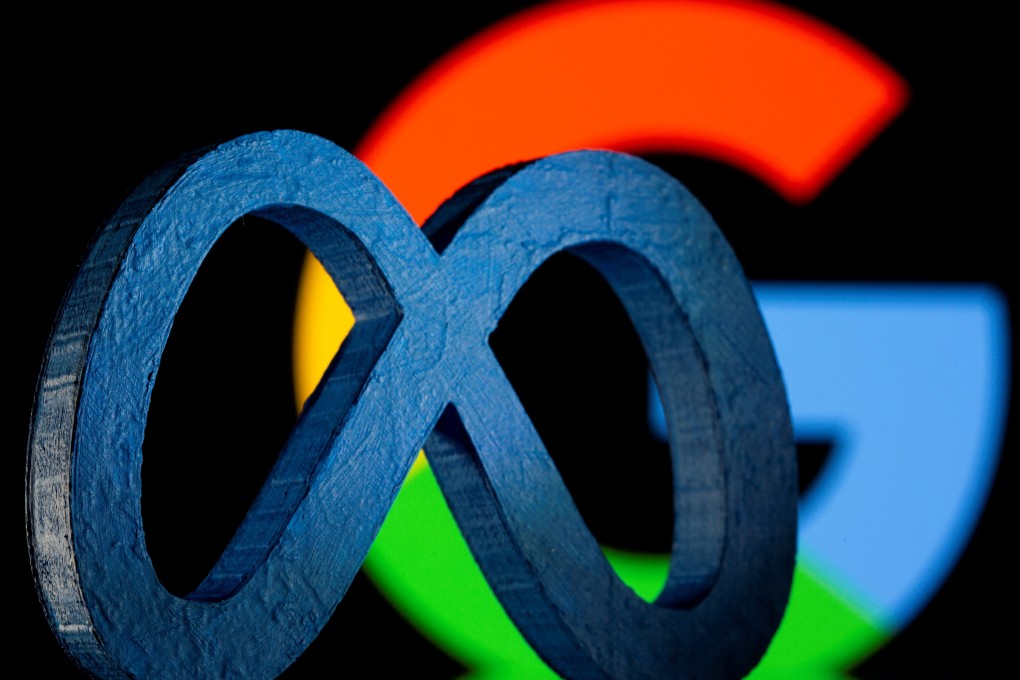Big Tech’s US$95 million lobbying spree could defeat US antitrust bill as Congress deals with other legislation
- Google, Apple, Amazon, Meta and their trade groups have poured almost US$95 million into lobbying since 2021
- The bill would restrict companies from favouring their own products like Google Maps and Apple Music, but it may find enough support before the midterm elections

A high-profile push by Congress to rein in the nation’s biggest internet companies is at risk of failing with time running out to pass major legislation ahead of midterm elections.
After a nearly two-year battle, the bill is now at a critical juncture as the Senate returns this week for a final stretch before the November midterms. Backers of the measure swear they have the necessary votes, yet it’s unclear if they do, and the Senate will be busy with other must-pass spending legislation.
The view that momentum for the bill is slowing is based on conversations with nearly two dozen of its supporters and critics – including policy experts, lobbyists, congressional aides and advocates. One Hill staffer summed it up as a do-or-die moment.
“If supporters of this bill had enough votes, it wouldn’t be a bill, it would be a law,” said Matt Schruers, president of the Computer & Communications Industry Association, which represents the major tech companies.
Failure would be a setback for politicians, activists and regulators who argue Silicon Valley has too much control over people’s lives. It would mark a huge win for Big Tech, which has argued that the measure would weaken privacy, threaten national security and degrade products that consumers enjoy.
Even if this bill falls short, advocates say the attention on this measure has helped build the antitrust movement into something bigger than any one piece of legislation. Sarah Miller, head of the American Economic Liberties Project, an anti-monopoly non-profit, said she supports the bill and wants to see it pass, but she said this is “not a one-time fight”.
“Now is a pretty good moment to move it through,” Miller said of the measure. “Is it the end of the road for bills dealing with big tech monopoly power? No.”